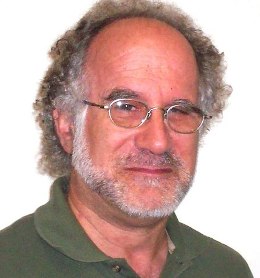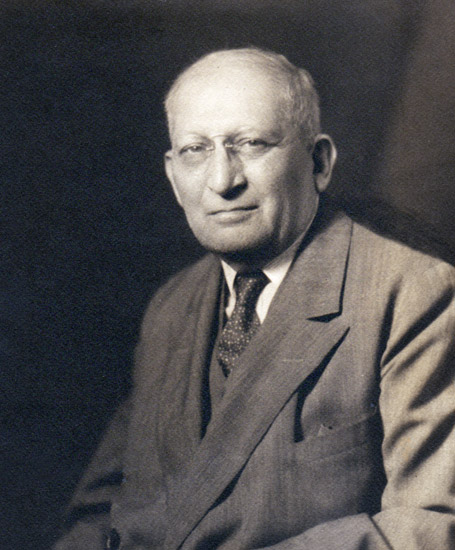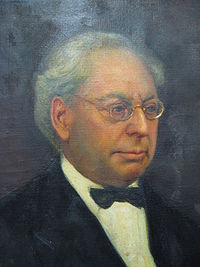Jews in the United States have embraced a liberal political ethos since the 18th century, claims an American scholar.
This ethos, developed and nurtured by German Jews, was challenged by new immigrants from Eastern Europe after the great migrations of the late 19th and early 20th centuries, but their challenge was handily rebuffed, University of Florida political scientist Kenneth Wald said in a lecture at the University of Toronto’s Anne Tanenbaum Centre for Jewish Studies on September 30.

Wald, a specialist in the relationship between religion and politics in the United States, Britain and Israel, argued that the liberalism espoused by American Jews prompts them to promote tolerance, democracy and religious pluralism in the Jewish state.
Delivering the third and final installment of the Shoshana Shier lecture series, Wald provided listeners with an historic overview of the liberal model that Jews in the United States have adopted.
Since the earliest years of the American republic, Jews have defended the secular nature of the state and have internalized the idea that a person’s rights are based on citizenship rather than on tolerance, said Wald, who has been a guest lecturer at Haifa University and the Hebrew University.
“Jews have supported the political party most identified with these values,” noted Wald, the co-author of The Politics of Cultural Differences: Social Change and Voter Mobilization Strategies in the Post-New Deal Period and the author of Religion and Politics in the United States, published respectively by Princeton University Press and Rowman & Littlefield.
The civic and political rights American Jews enjoy and have enjoyed call for no special gratitude, said Wald, quoting the academic and Jewish community leader Cyrus Adler (1863-1940).

The immigration of some three million Jews to the United States from 1899 to 1924, mainly from the Russian empire, not only enlarged but altered the composition of the Jewish community, he went on to say.
Unlike the German Jews who dominated the leadership of Jewish communal organizations until the mid-2oth century, the Russian and Polish Jews who arrived in the United States during this period believed that emancipation had failed. And so they flocked to the Zionist movement and advocated the establishment of a sovereign Jewish state in Palestine.
Still other Russian and Polish Jews, Wald added, were great believers in what he described as “diaspora nationalism.” Claiming that emancipation had failed due to assimilation, they called for national minority rights and the creation of Jewish autonomous enclaves in the countries of which they were citizens.
Advocates of this viewpoint claimed that Jews are a people apart and that their status is defined by religion and ethnicity. This vision was staunchly opposed by Jews who hewed to the old liberal model, Wald pointed out.
Just as the Union of American Hebrew Congregations had championed Jewish minority rights in Europe in the last quarter of the 19th century, so the American Jewish Committee urged European governments in the 20th century to grant their Jewish citizens full political and civic equality.
The German-born Jewish lawyer, Louis Marshall (1856-1929), a founder of the American Jewish Committee, was in the forefront of demanding such rights for his brethren in Europe after World War I, said Wald.

Lukewarm toward Zionism, the American Jewish Committee waited six months before issuing a carefully-worded statement on the 1917 Balfour Declaration, which envisioned a “national home” in Palestine for the “Jewish people.”
In keeping with its cautious approach to Zionism, the American Jewish Committee, in 1950, released a letter from the Israeli government proclaiming it did not represent or speak for American Jews.
Since the 1970s, Wald observed, American Jews have expressed deep reservations about the illiberal and coercive Orthodox monopoly over religion in Israel. In short, American Jews see Israel through “liberal eyes.”
As a result, he concluded, they’ve expressed concerns about the treatment of Reform and Conservative Jews in Israel and the way in which Israeli Arabs and Palestinian Arabs are treated.